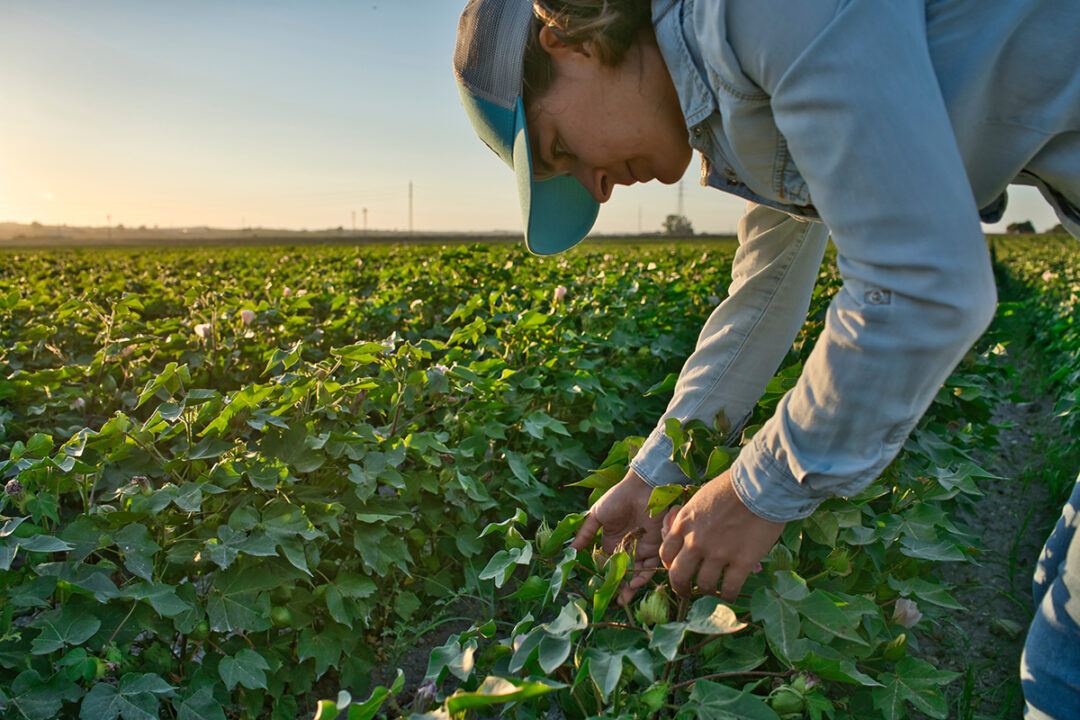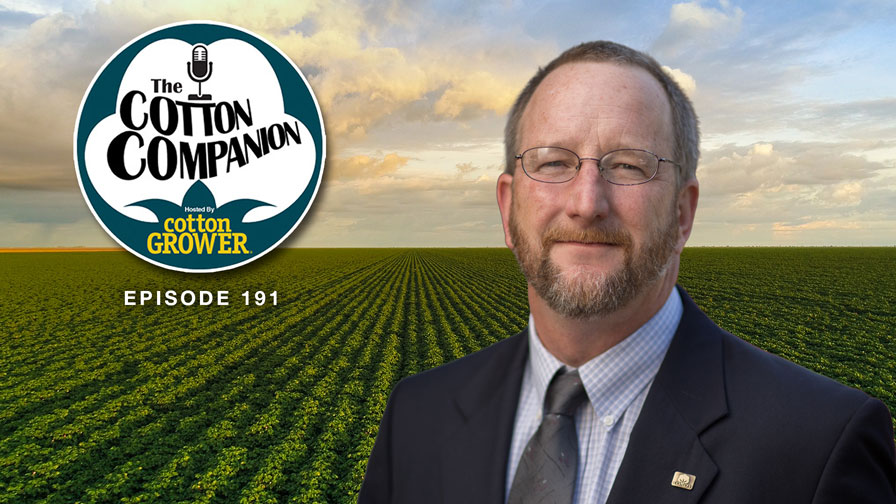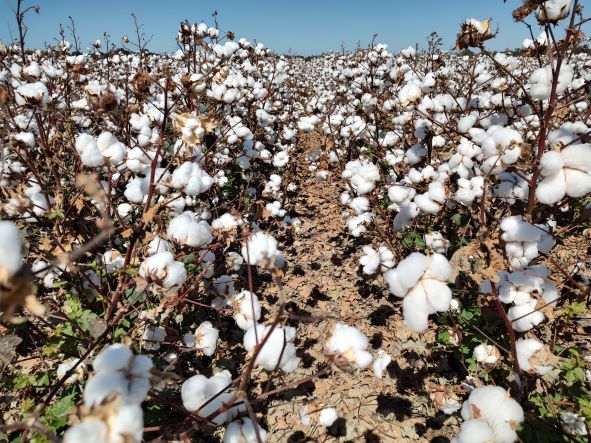BASF Adapts FiberMax and Stoneville to Fit Market Challenges
Kenny Melton wants growers to know one thing right away. BASF was very careful with its FiberMax and Stoneville varieties for 2019, knowing that 2018 seed production was challenging. The company rejected some of its production seed. But as a result, the seed offered to growers in 2019 was top quality with good emergence.
That patience appears to have paid off. So has the introduction of XtendFlex technology into the company’s Stoneville line.
“We know that there’s substantial interest in the XtendFlex technology, and we want to be able to offer it to growers who feel they really need it,” explained Melton, BASF Western Region Agronomic Manager.
But make no mistake. FiberMax and Stoneville varieties containing the company’s own seed technologies also shined this year.
“FM 1830GLT has been a really good performer in West Texas,” said Melton. “Quality is great, with good Verticillium wilt tolerance and bacterial blight resistance. Same with FM 2498GLT, another strong yielder with a little longer maturity, and FM 2574GLT, a good dryland variety primarily for the Rolling Plains and Southern High Plains.”
Melton noted that the High Plains is a primary market for varieties featuring herbicide tolerance only. FM 1888GL has been a shining star in university and company trials in the area, and FM 1621GL offers earlier maturity and good yield potential for the Northern High Plains area.
Another recent launch – FM 2398GLTP – offers West Texas growers TwinLink Plus 3-gene insect protection, plus bacterial blight resistance and good tolerance to Verticillium wilt.
“Beginning in 2020 and moving forward, every new FiberMax variety will have the GLTP package,” said Melton.
Three of the Stoneville XtendFlex varieties – ST 4480B3XF, ST 5707B2XF and ST 5600B2XF – are also tailored to cotton production throughout the High Plains, Rolling Plains and Panhandle.
In addition, ST 4848GLT and ST 5471GLTP continue to be good fits for South Texas, offering good yield and fiber quality.
On the Eastern side of the Cotton Belt, BASF continues its emphasis on the Stoneville brand, said Scott Asher, BASF Eastern Region Agronomic Manager.
“BASF and Stoneville have multiple varieties that are tailor made for our growers,” he stated. “We can offer varieties with different herbicide trait packages and performance under challenging conditions such as non-irrigated fields or fields with RKN pressure.”
Asher pointed to ST 4550GLTP and ST 5471GLTP as two strong performing varieties showing success across the Eastern Cotton Belt. Both include the TwinLink Plus 3-gene insect technology.
“ST 4550GLTP is an earlier maturing variety with outstanding yield potential, and ST 5471GLTP is more of a mid-maturing variety with bacterial blight resistance and good Verticillium wilt tolerance,” he said.
Two other Stoneville XtendFlex varieties were also introduced in 2019.
ST 4990B3XF is an early-to-mid maturity variety that has shown wide adaptability from the Mid-Atlantic all the way to Central and South Texas. It has been the top performing variety in multiple BASF Agronomic Performance Trials across the Eastern region.
And the RKN tolerance in ST 5600B2XF extends the variety’s effectiveness from Texas to the Carolinas, Georgia and Alabama.
“There’s going to be more to come from us in terms of leveraging the BASF crop protection portfolio with our seed portfolio,” pointed out Melton. “We’re trying to work as best we can to make things economical for the grower.”









